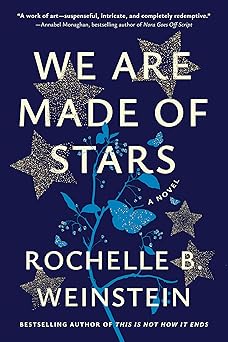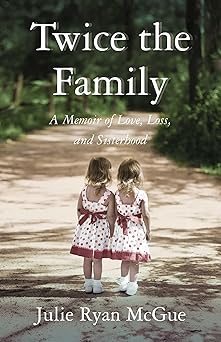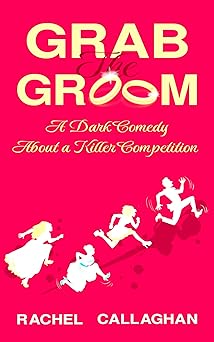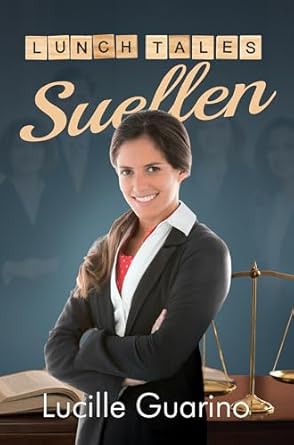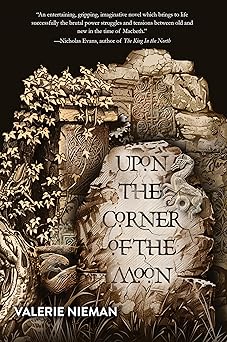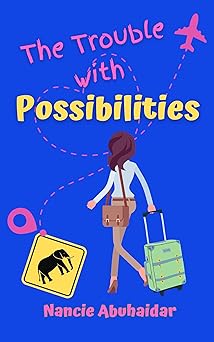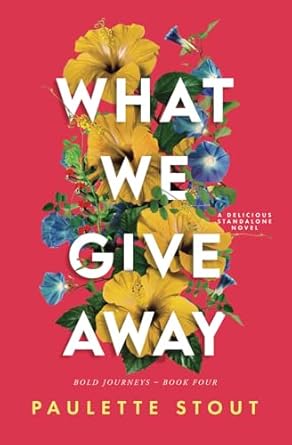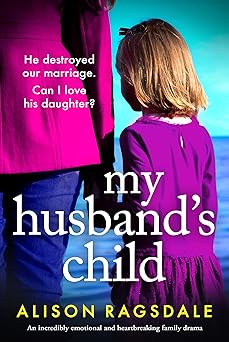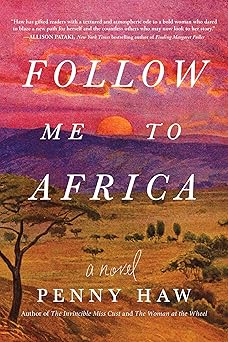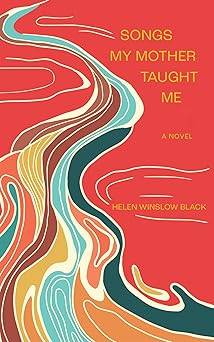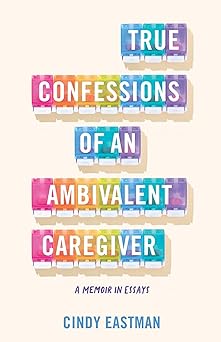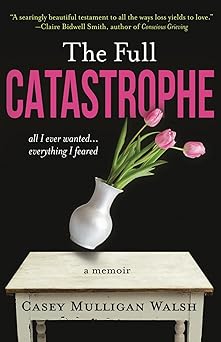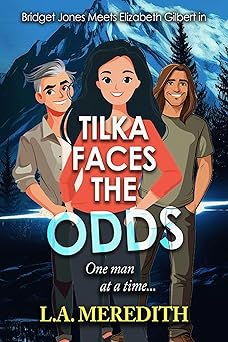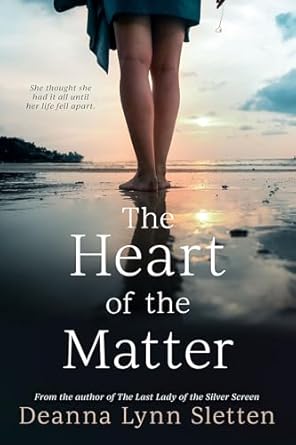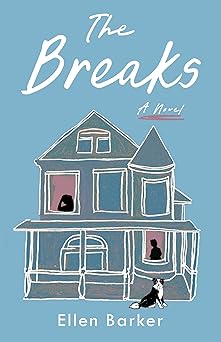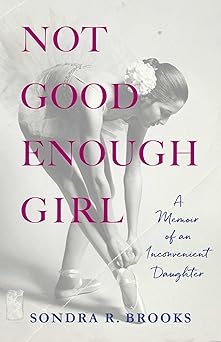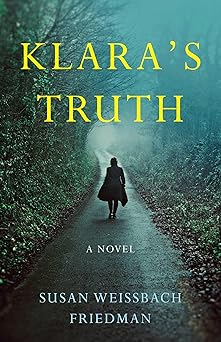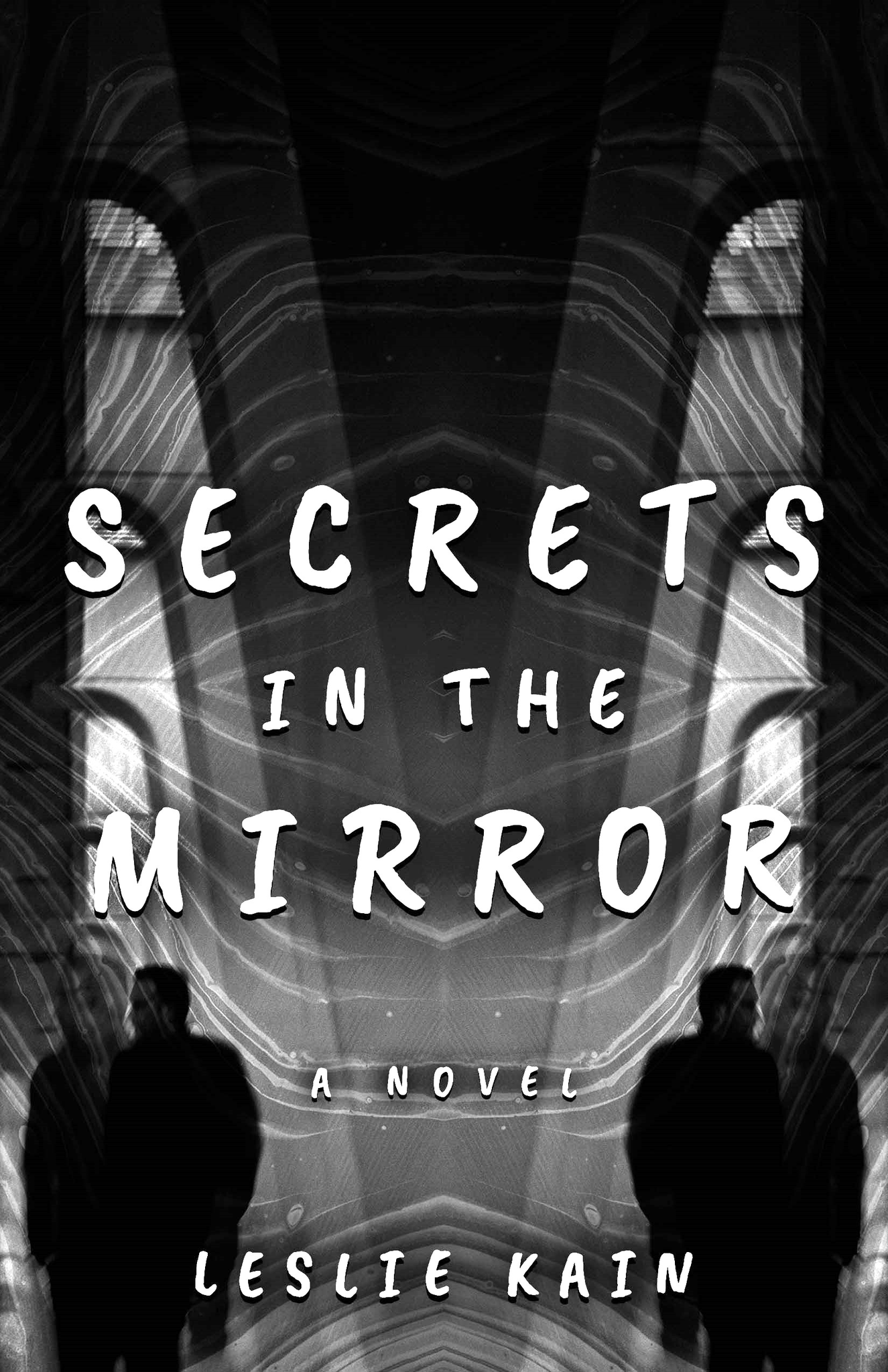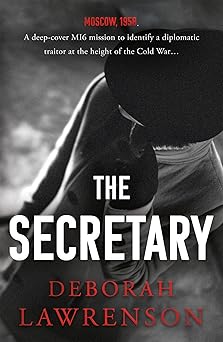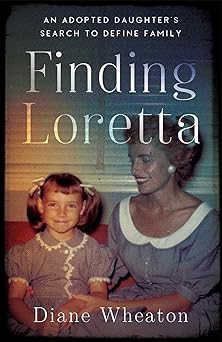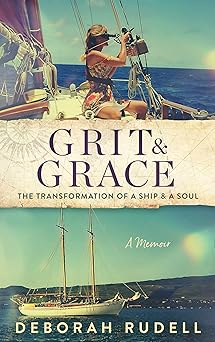History Rhymes, Repeats and Backpedals
By Melissa Connelly
When I began writing my novel, What Was Lost, I thought I was opening a window into an earlier time that would illuminate America’s past before Roe v. Wade. But progress isn’t a straight line; sometimes it takes us back to a place we thought we’d left for good. I had no idea that by the time my novel was published, it would be relevant in a way that’s precisely of this moment.
My protagonist, a fourteen-year-old girl, becomes pregnant in the year 1972. Typical of a child, she thinks she can wish it away. When she realizes she can’t, she sees abortion as the answer for her. Abortion is illegal in her state and so she hitchhikes to a different state: a journey with terrible consequences.
Later, when she finally tells her mother, her mother arranges for the abortion out-of-state. She’s lucky. She has a mom who recognizes this necessity, but more importantly, her family has the means: the money, the transportation, and the know-how to arrange this.
I recall an interview Donald Trump gave on the possibility of Roe being overturned. He said it wouldn’t be a big deal. If someone wanted an abortion they could go to another state. Not true. While all women need access to abortion, the ones who need it most are the ones who don’t have the financial means to travel to another state. And in today’s America, you can be arrested for even attempting to do this.
That’s new. While abortion was illegal in many states before Roe, there wasn’t the sense of retribution that there is now. Authorities weren’t trying to catch people leaving the state for an abortion. Now parents and women are jailed for this. Last year a woman was arrested after having a miscarriage–not an abortion–it was a wanted child. When she found herself miscarrying, she did what every woman I’ve ever known who had a miscarriage did: she flushed it down the toilet. Had she gone to a hospital? In some states she’d be turned away. Healthcare professionals don’t want even the appearance of aiding an abortion. That this was a woman of color is more salt in the wound–the sting of what an unjust society we currently are.
Unwanted pregnancies happen for so many reasons: rape, incest, sexual abuse, or lack of knowledge of birth control (this knowledge, too is being restricted). It can be a health issue: the mother or baby is at risk. Sometimes a woman needs an abortion so that that she will be able to bear healthy children. Married women using birth control become pregnant, they may already have children, but can’t afford another without it doing harm to the children they already have.
Cruelly ironic, because at the same time that women are being told they must carry children to term, resources for families and children are being cut. Daycare costs are prohibitive, and families with two parents need both parents to work to support the children they already have. It’s a vicious catch-22 that’s never acknowledged by the powerful people who’ve created these conditions.
My protagonist Marti lives in a lonely, dreamy world she’s created through artwork: she crafts little figures out of found materials calling them her forest family. Her art teacher slowly grooms her by praising her talent. He doesn’t discuss contraception with her and she fumbles on her own trying to prevent pregnancy. When she realizes she might be pregnant, she envisions a new dreamy world where the teacher elopes with her (even coming to get her on a white horse) and they raise the baby together.
Of course, had Marti carried the baby to term, those dreams would have been crushed. The teacher would deny responsibility and skip town. She’d be ridiculed and wouldn’t have been able to finish school. It would have interrupted her widowed mother’s strivings to support her daughters and make a career for herself. Yes, Marti could then give the baby up for adoption. Perhaps it would be a shameful secret from the future family she’d attempt to make. This child may have been lucky enough to be adopted into a happy family, but maybe not, as many adoptive families struggle to bond. Or perhaps they’d be a ward of the state (the same state that insists women bring pregnancies to term), shuffled in and out of foster homes. In my work as a child therapist, I’ve seen firsthand the wreckage of our current foster care system. Even in the best of adoptions, questions and yearnings remain for both the child and biological mother.
If Marti had kept her child, would she have loved it? Probably. But would she have known how to navigate the minefield of parenthood?
I wanted children so badly that I became a single parent at twenty-six to an adopted twelve-year-old girl. I had worked with children, and held degrees in child development. Naively, I thought I was ready. I stumbled my way through the mountain of challenges her years in foster care had wrought. And when I became a parent again in my mid-thirties, I was happily married and economically stable. Both my husband and I had careers working with children and all the knowledge that came with that. Still, it was the hardest thing I’ve ever done.
These days, birth the child is tossed off too easily. In the Supreme Court decision ending Roe, Justice Amy Coney Barrett wrote that since women can now drop their newborns off at firehouses with immunity, there’s no need to terminate a pregnancy.
Really? A woman who leaves a baby at a firehouse will be haunted by that decision with a lifetime of pain, not to mention the abandonment that will wedge its way deep into that child’s psyche.
Women who keep that unwanted baby may become neglectful or abusive, but most will love their baby and do the very best they can. But the same way a house with no foundation will crumble, a family without one will struggle and sometimes fail with big consequences, not just for those families, but for society. Just look at statistics of who commits crimes. Parents with unwanted children try their best to love and care for them, but it isn’t always enough. A wanted child has a much stronger chance in this world. We need wanted children.
—
Melissa Connelly is publishing her first novel, What Was Lost on October 8, 2024 after a long career working with children in a variety of roles in schools, hospitals, psychiatric clinics, and day cares. She lives in Brooklyn, New York and also spends time in the mountains of Western North Carolina. Her website is melissaconnelly.com.
WHAT WAS LOST
 Reminiscent of Hello Beautiful and The Lying Life of Adults, this powerful narrative delves into social changes from 1970 to 2000 and captures a woman’s journey in a pre-#MeToo era via the tale of a mother who returns to her hometown to face the perpetrator of her childhood abuse.
Reminiscent of Hello Beautiful and The Lying Life of Adults, this powerful narrative delves into social changes from 1970 to 2000 and captures a woman’s journey in a pre-#MeToo era via the tale of a mother who returns to her hometown to face the perpetrator of her childhood abuse.
When a young girl feels complicit in her own abuse, how does that thwart her attempts to build a happy life as an adult woman?
When disturbing memories begin to surface, Marti returns to the small Vermont town she ran away from thirty years ago to face her demons. She drags her unwitting teenage daughter along on the journey—heightening already existing tension between mother and daughter. But Marti is determined to achieve what she’s returned home for: forgiveness for lies told, and revenge for secrets held.
Exploring the vast social changes that took place between 1970 and 2000 and turning a critical eye on times before language such as #MeToo helped give voice to these all-too-common occurrences, What Was Lost is a raw, powerful tale of one woman confronting the ghosts of her past.
BUY HERE
Category: Contemporary Women Writers, On Writing




